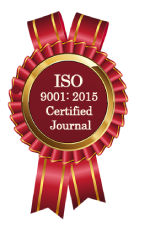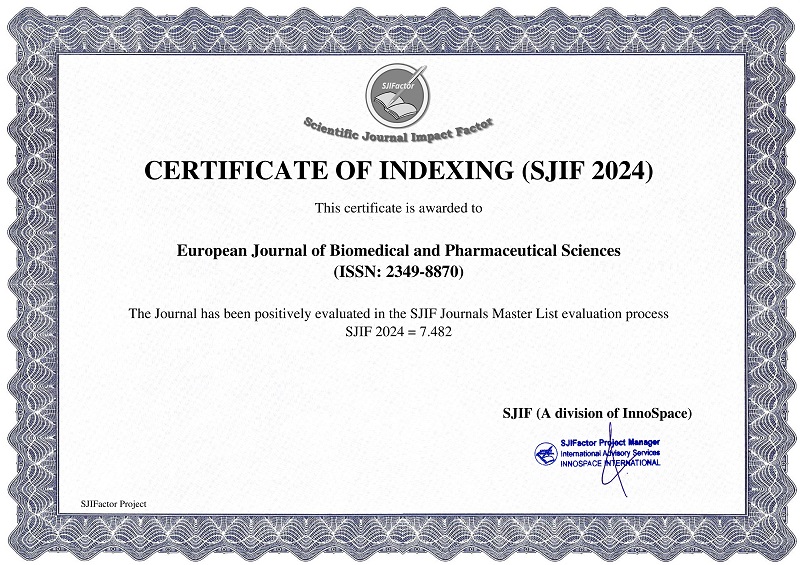EVALUATION OF THE EFFICACY OF INDIGENOUS HERBAL REMEDY, LISAMOSTM, IN THE TREATMENT OF MALARIA INFECTION
*Hyginus N. Onuigbo, Ndubuisi N. Nwobodo, Paul O. Okonkwo
ABSTRACT
The use of chemical or synthetic drugs to treat plasmodial infections has been currently highlighted. The treatment of wide range of human diseases with herbal remedies, in recent time, is a novel approach that needs to be further elucidated. The absence of efficient public healthcare facilities in most developing countries, particularly in Sub-Saharan Africa, coupled with financial constraints places traditional medicine as the mainstay of treatment for malaria. In this study, the efficacy and effectiveness of the herbal antimalarial, LisamosTM , in the treatment of plasmodial infection was evaluated. A total of 125 subjects were screened, out of which 31 subjects met the inclusion criteria. Parasitaemia and body temperature were recorded three times a day in the 31 subjects throughout the study period. Patients treatment outcome profiles revealed that thirteen (41.9%) of the total number of patients studied had negative blood smear for malaria parasitaemia by day 14 while eighteen (58.1%) of the patients still had positive blood smear for malaria parasitaemia by day 14. Mean fever clearance time calculated was given as 10.1±4.39 days. Twenty-one (67.7%) of the patients studied had complete clinical resolution between days 3 and 14 (temperature≤370C). The above, therefore, is suggestive that LisamosTM has anti-malarial effect though relatively poor. In conclusion, the poor performance of LisamosTM in this study could be attributed to the highly resistant strains of Plasmodium falciparum found in the study region.
Keywords: Drug-herbal interaction, efficacy, lisamosTM, malaria, Plasmodium falciparum, poly-herbal remedy.
[Full Text Article]
[Download Certificate]


 Impact Factor : 8.181
Impact Factor : 8.181 






